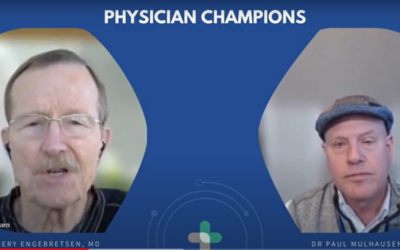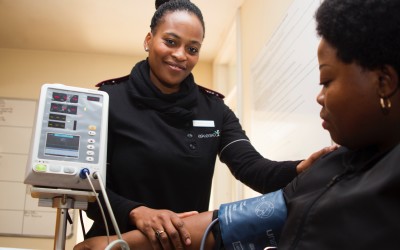Measles is a serious illness that spreads easily — especially among kids and people who aren’t vaccinated. The best way to protect yourself and your family is by getting the MMR vaccine.
🛡️ What Is the MMR Vaccine?
The MMR vaccine protects against measles, mumps, and rubella. These are three diseases that can make people very sick. Some children may also get the MMRV vaccine, which includes chickenpox protection, too. Most people who get the MMR vaccine are protected for life!
👶 When Should Kids Get the MMR Vaccine?
Children need two doses of the MMR vaccine:
- 1st dose: When your child is 12 to 15 months old
- 2nd dose: Between 4 and 6 years old
If your child hasn’t had both doses, it’s not too late — they can still catch up!
👨👩👧 What About Teens and Adults?
Older kids, teens, and adults also need the MMR vaccine if they didn’t get it as children or don’t have proof they are immune.
Most people will need one or two doses, given at least 28 days apart. If you’re not sure if you had the vaccine, your doctor can help.
✈️ Traveling Soon?
Going outside the U.S.? Measles is more common in some countries.
- Babies 6–11 months old should get 1 early dose before traveling
- They’ll still need 2 more doses after they turn 1
- Older kids and adults should make sure they’re fully vaccinated before they travel
💙 PHC Makes It Easy to Stay Protected
At Primary Health Care (PHC), we provide vaccines for kids and adults. Our friendly team can check your records and help you get up to date.
✅ We accept Medicaid, Medicare, and all insurance plans
✅ No insurance? No problem — we offer a sliding fee scale based on your income
✅ No one is turned away, no matter what
Find a PHC clinic near you at phciowa.org/location or call us to make an appointment.
👩⚕️ Questions?
If you’re unsure whether you or your child needs the MMR vaccine, talk to your PHC provider. We’re here to help keep your family safe and healthy.
🧠 Sources:
- CDC – MMR Vaccine Information
- CDC – Travelers’ Health: Measles
Related Posts
Moms, Have You Scheduled Your Mammogram Yet?
As we celebrate Mother's Day, remember the role mothers and mother figures play in our lives. Encourage them to prioritize their own health and well-being by getting this important cancer screening. Mammograms save lives! Moms are always putting the needs of others...
VIDEO: Arthritis-Appropriate, Evidence-Based Interventions
Watch Dr. Bery Engebretsen and Dr. Paul Mulhausen discuss arthritis interventions. Physical activiy and self-management education programs designed to help increase physical activity safety and comfortably, or to teach individuals how to cope with arthritis-related...
Raising Awareness: Understanding Oral Cancer and the Importance of HPV Vaccination
Discover the latest insights on oral cancer awareness and prevention in our upcoming blog post. Learn about common symptoms, how to reduce risks, the importance of HPV vaccination, and why early detection is key in safeguarding your health.
Heart Health Month
February is Heart Health Month! Nutrition is a good place to start when considering changes to improve the health of your heart. Below are ten tips, from our friends at the American Heart Association, to begin your journey to a healthier heart. A word of advice from...
Black History Month Is a Call to Address Persistent Health Disparities
Black History Month is not only a time to celebrate the rich contributions of Black individuals to society, but it is also a critical moment to confront the ongoing challenges that Black communities face—particularly in healthcare. As we honor the past, we must also...
Cervical Cancer Awareness Month
January is Cervical Health Awareness MonthAnyone with a cervix is at risk for cervical cancer. It occurs most often in people over age 30. Long-lasting infection with certain types of human papillomavirus (HPV) is the main cause of cervical cancer. HPV is a common...




